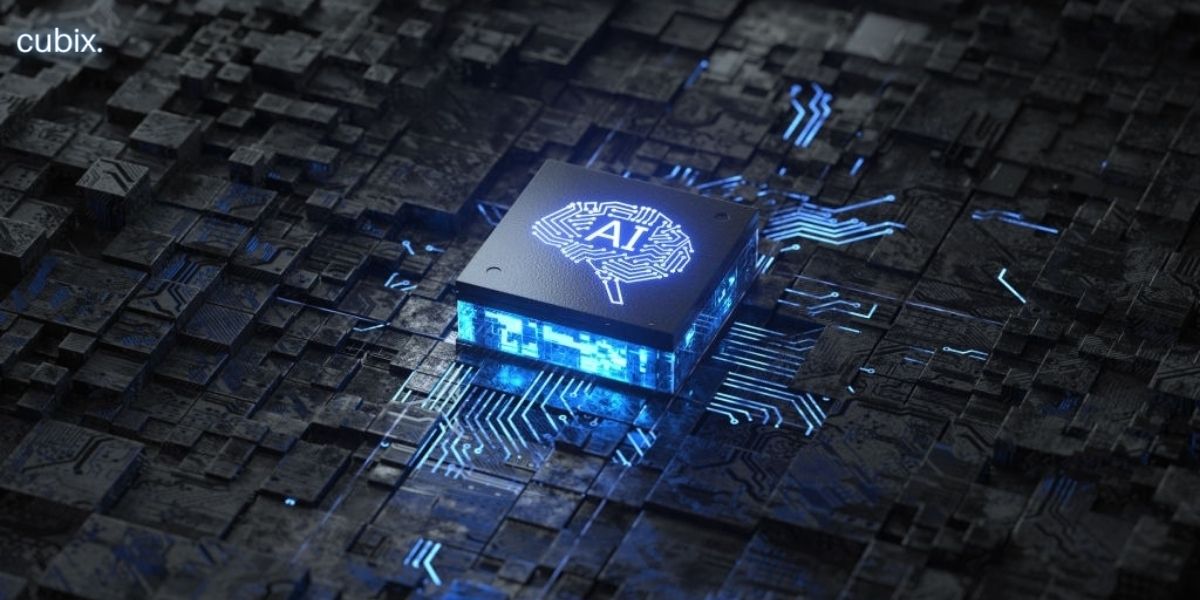There are more people alive today than the total that have ever lived. That's one way of looking at the progress humankind has made. From Marie Curie's radiation discovery and Dalton's collapsed theory to wireless communication and artificial intelligence (AI), progress has been stellar and we now live in truly amazing times.
The world of AI indeed has much in store for us, and we will find out more about this at the AI World Executive Summit scheduled for July 14.
We’re All Using AI-driven Tools
As a reflection; no matter who you are, if you are connected with the rest of the planet through Facebook, Instagram, YouTube, etc., you have almost certainly encountered clips and snippets concerning robotics, machine learning, artificial intelligence, and more. In fact, such information has emerged as common news items with all sorts of new updates emerging frequently.
Some of us may have had the opportunity to acquaint ourselves with AI-based mechanisms. For others, their only encounter with artificial intelligence is due to those incredible robot demonstrations from the likes of a Boston Dynamics and other progressive artificial intelligence and robotics product developers.
An Intelligent Core?
Apart from machines that can jump, skip, and perform all kinds of feats independently, there are other forms of artificial intelligence and robotics. These are underlying yet forefront software tools that include Google, Facebook, and a myriad other software that we use every day and are part of the artificial intelligence realm.
These algorithms comprise millions of automated and self-processing mechanisms that act without human intervention, making decisions day after day. However, what we see today on our social media timeline content or our SERPs, are all driven by artificial intelligent processes, governed by our search history and AI-predicted results that match our search patterns.
As for the smart devices in our hands, they are 'smart' enough to recognize a user's facial features and conduct a lot of other calculations related to this.
Even Children are Using AI Today
It doesn't take a genius to realize that the bulk of our progress concerning artificial intelligence is placed in the users' hands. While much of this technology is available through desktops and other handheld mobile devices, it's still all available to you. And these tools are good for the sake of information searches, making purchases or selling goods, etc. But when it comes to real-world progress and taking humanity forward, that's a whole other level of progress, wherein we build new products that move and transform the way human beings work and run their lives.
Artificial Intelligence programmers have changed the world, and they continue to achieve amazing progress alongside mobile app developers and game developers. AI is present and operating on so many platforms, and most of us take it for granted. There are probably quite a few reasons why this is the case, but widespread ignorance of artificial intelligence likely is to blame.
People tend to associate the term with robotics solely, and that’s because of what we’ve experienced through science fiction for decades.
Artificial Intelligence and Wireless Communication
Intelligence can be defined as a capability to think or act in a manner that is considered wise. Good choices or decisions are expected of people who possess some level of intelligence. With technology advancing, human beings have succeeded in passing on some parts of these wise or good decisions to machines.
Initially, these outsourced or automated decisions were limited, and it took years for them to advance. Gradually, man has been able to produce machines that are capable of making more complex decisions. The scale of this development seems to have exploded in recent years, especially with the introduction of the smartphone and wireless communications; remote access to machines has taken things to an unprecedented level. Look at what you have with driverless cars today, and these machines are learning how to cope with various scenarios.
Machine Learning and Deep Learning
Machine learning is a term that you may well have come across at some point if you have delved into artificial intelligence a little deeper. It's a concept that gets us a little closer to the real meaning of artificial intelligence; wherein, machines automatically pick up details, patterns, etc., so that it can run calculations, replicate certain behaviors, or build on the data it records, while improving its responses. How far this runs is hard to tell for people who aren't programmers or tech savvy.
Deep Learning can be described as the core of the machine learning process, where the machine's brain (so to speak) imbibes information akin to the way a human mind does. And it's not just memory that we are talking about here. There is complex data processing here, a lot of which can be hard to explain. Yet, we're all keen to see what the AI World Executive Summit has in store for us. And this is because it always excites human beings to see what new scientific breakthroughs or progress will impact our lives.
Indeed the complexities of operations like deep learning run into extensive detail than you can cover in a single blog post. However, when you around, you will start to become more cognizant of the level of artificial intelligence that surrounds us and how our world is increasingly pushed toward automation.

